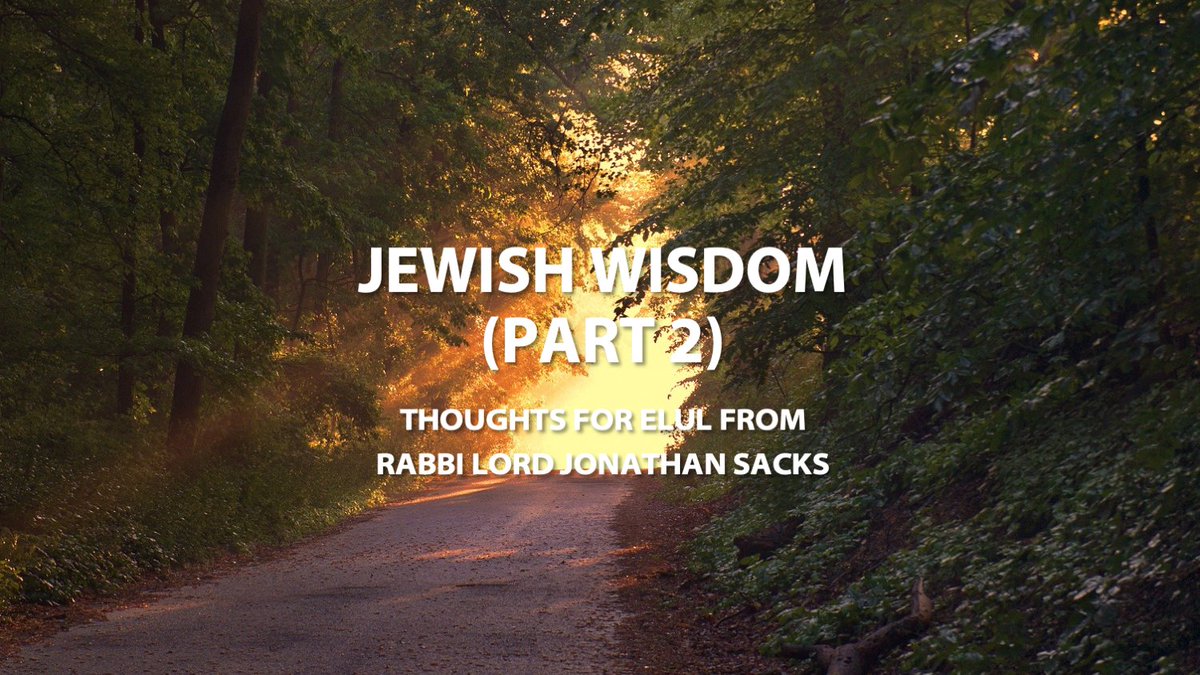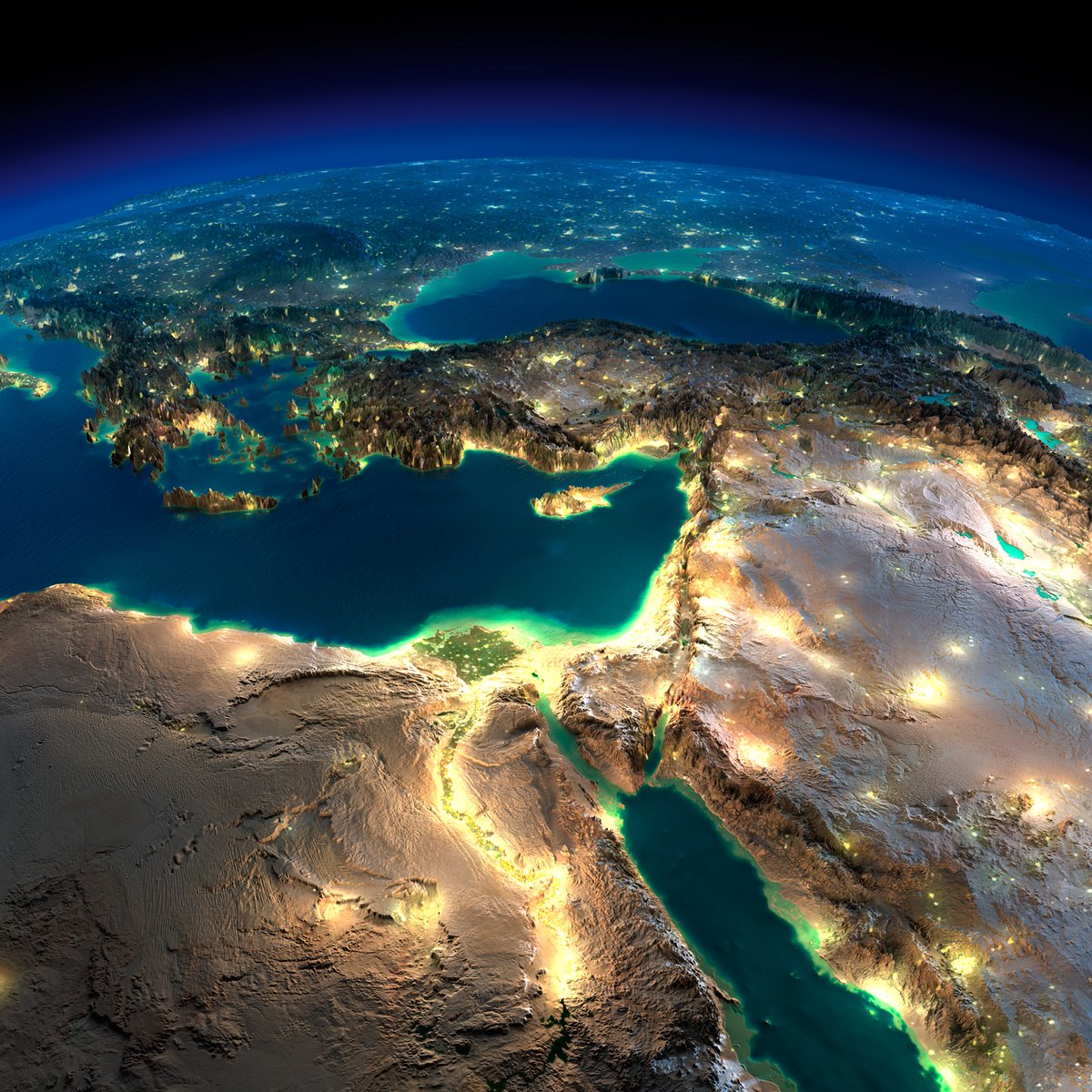THREAD #Elul -> Following yesterday's thread, here are some more ideas about what Judaism has taught me about life: 

You will find much in life to distress you. People can be careless, cruel, thoughtless, offensive, arrogant, destructive, insensitive and rude. That is their problem, not yours. Your problem is how to respond. Don’t react. Don’t respond...
....Don’t feel angry, or if you do, pause for as long as it takes for the anger to dissipate, and then carry on with the rest of life. Don’t hand others a victory over your own emotional state. Forgive, or if you can’t forgive, ignore.
If you tried and failed, don’t feel bad. God forgives our failures as soon as we acknowledge them as failures – and that spares us from the self-deception of trying to see them as success.
No one worth admiring ever succeeded without many failures on the way. If you lack the courage to fail, then you lack the courage to succeed.
Always seek out the friendship of those who are strong where you are weak. None of us has all the virtues. Even a Moses needed an Aaron. The work of a team who have different gifts or ways of looking at things, is always greater than any one individual can achieve alone.
Create moments of silence in your soul if you want to hear the voice of God.
If something is wrong, don’t blame others. Ask, how can I help to put it right?
You create the atmosphere that surrounds you. If you want others to smile, you must smile. If you want others to give, you must give. If you want others to respect you, you must show your respect for them. How the world treats us is a mirror of how we treat the world.
Be patient. Sometimes the world is slower than you are. Wait for it to catch up with you; if you are on the right path, eventually it will.
Never have your ear so close to the ground that you can’t hear what an upright person is saying.
Never worry when people say that you are being too idealistic. It is only idealistic people who change the world, and do you really want, in the course of your life, to leave the world unchanged?
Be straight, be honest, and always do what you say you are going to do. There really is no other way to live.
• • •
Missing some Tweet in this thread? You can try to
force a refresh









